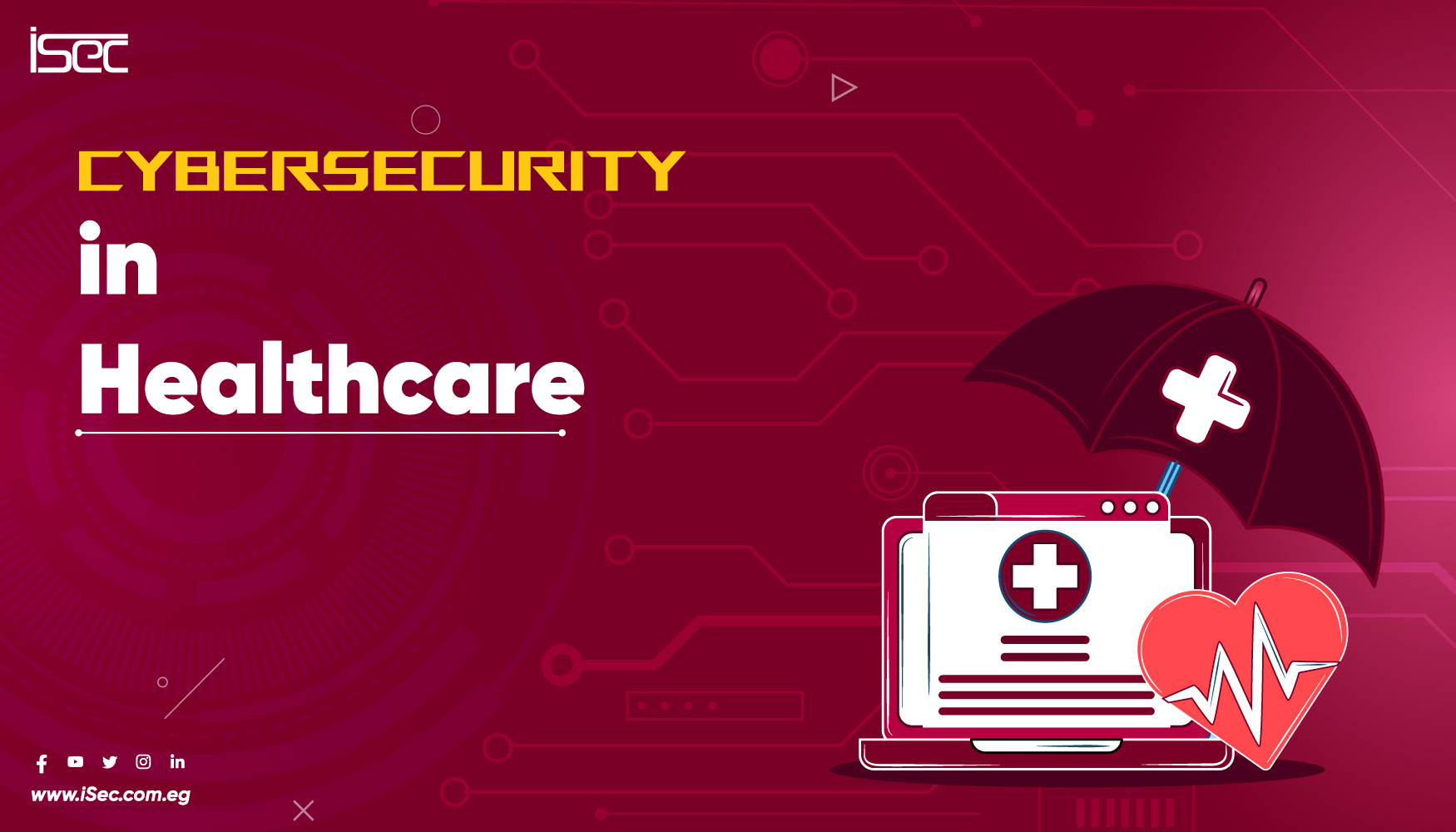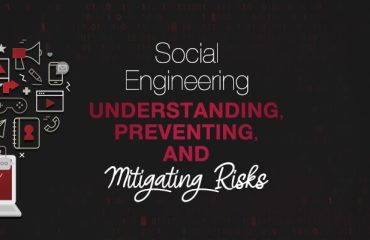
In an age where technology is deeply embedded in the fabric of healthcare, cybersecurity has become a critical component in protecting patient data and ensuring the smooth operation of medical facilities. As healthcare organizations continue to adopt digital solutions, the importance of robust cybersecurity measures cannot be overstated. This article delves into the challenges, importance, and best practices for cybersecurity in the healthcare sector.
The Rising Threat Landscape
Healthcare institutions are prime targets for cyberattacks due to the valuable and sensitive nature of the data they handle. Cybercriminals highly seek out personal health information (PHI), financial details, and confidential patient records. The proliferation of interconnected devices and the increasing use of telemedicine have expanded the attack surface, making it easier for malicious actors to exploit vulnerabilities.
Some common cybersecurity threats in healthcare include:
- Ransomware Attacks: These attacks involve encrypting critical data and demanding a ransom for its release. Healthcare organizations, due to the urgency of accessing patient information, are often seen as lucrative targets.
- Phishing: Cybercriminals use deceptive emails and messages to trick employees into revealing sensitive information or downloading malicious software.
- Data Breaches: Unauthorized access to healthcare databases can result in the theft of massive amounts of patient data, leading to identity theft and other forms of fraud.
- Insider Threats: Employees or other insiders with access to sensitive information may intentionally or unintentionally compromise data security.
The Importance of Cybersecurity in Healthcare
Protecting patient data is not just a regulatory requirement but a moral imperative. A data breach can have severe consequences, including:
- Patient Safety: Compromised medical devices and systems can endanger patient lives by disrupting critical medical services.
- Financial Loss: Healthcare organizations may face substantial financial penalties, legal fees, and the cost of remediation.
- Reputation Damage: Trust is paramount in healthcare. A breach can significantly damage the reputation of an institution, leading to loss of patients and revenue.
- Regulatory Compliance: Healthcare organizations must comply with regulations such as the Health Insurance Portability and Accountability Act (HIPAA) in the U.S., which mandates strict standards for data protection.
Best Practices for Cybersecurity in Healthcare
To mitigate these risks, healthcare organizations must adopt comprehensive cybersecurity strategies. Here are some best practices:
- Risk Assessment: Regularly conduct thorough risk assessments to identify vulnerabilities and prioritize them based on their potential impact.
- Employee Training: Educate staff about cybersecurity best practices, such as recognizing phishing attempts and properly handling sensitive information.
- Access Controls: Implement strict access controls to ensure that only authorized personnel can access sensitive data. Use multi-factor authentication (MFA) to enhance security.
- Data Encryption: Encrypt data both in transit and at rest to protect it from unauthorized access.
- Regular Updates and Patch Management: Keep all systems and software up to date with the latest security patches to defend against known vulnerabilities.
- Incident Response Plan: Develop and regularly update an incident response plan to ensure quick and effective action in the event of a cyberattack.
- Network Security: Use firewalls, intrusion detection systems (IDS), and intrusion prevention systems (IPS) to safeguard the network perimeter.
- Secure Medical Devices: Ensure that all connected medical devices are secure and regularly updated. Work with device manufacturers to address potential security flaws.
Conclusion
As healthcare continues to evolve in the digital age, so too must the approaches to securing patient data and maintaining the integrity of healthcare systems. Cybersecurity in healthcare is not just about compliance; it’s about protecting lives and maintaining trust. By adopting robust cybersecurity measures, healthcare organizations can safeguard sensitive data, ensure patient safety, and maintain their reputation in an increasingly digital world.



